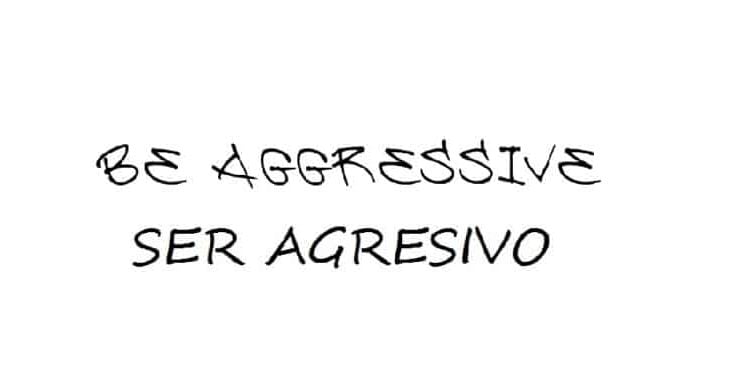
¿Tienes confianza o confidencia?
How do we say “confidence” in Spanish? Is it “confianza” or “confidencia”? Well, it depends on what we mean to say; both words have very different meanings. Let’s take a look: Confianza: We use this word to talk about our trust or belief in ourselves or someone else, or










